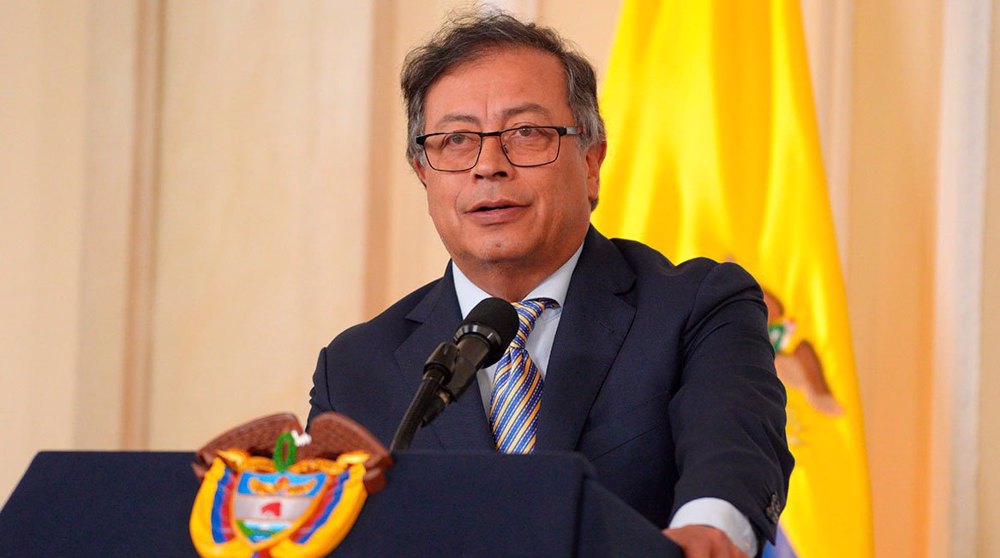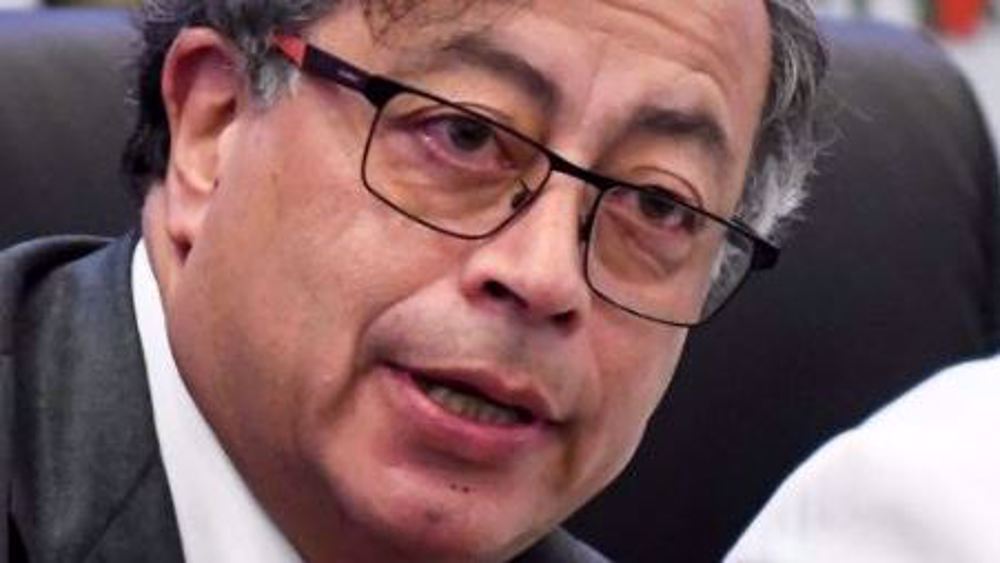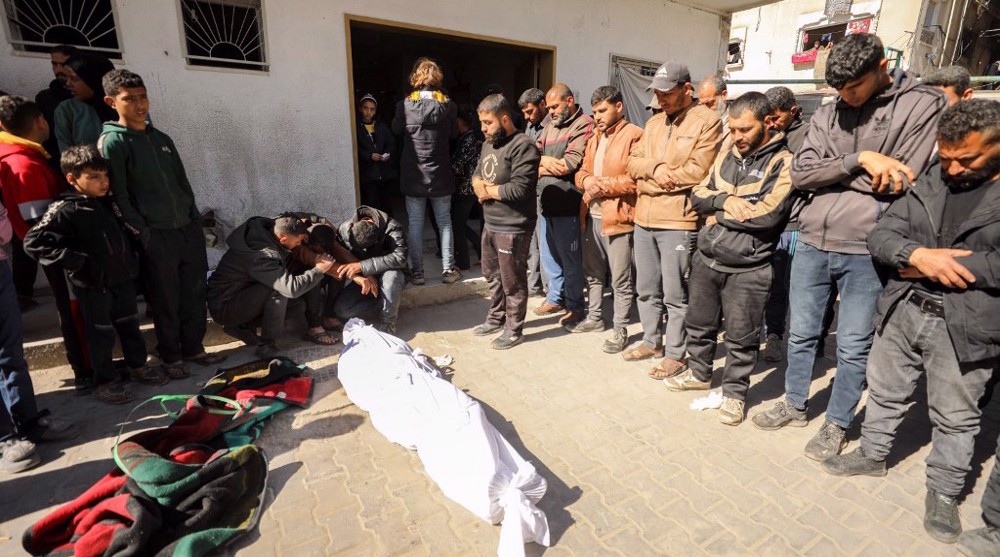UN to monitor Colombia-FARC ceasefire despite rejection of deal
The United Nations (UN) has set up a new mission to monitor a ceasefire under a landmark peace deal between the main rebel group in Colombia and the Bogota government despite the rejection of the deal by a tiny margin in a referendum.
The UN Security Council agreed on Tuesday that the new mission would continue “to monitor and verify the bilateral ceasefire” after it received a request from Bogota as well as the Revolutionary Armed Forces of Colombia (FARC) rebel group, according to Russian Ambassador Vitaly Churkin, who holds the council’s presidency for October.
The members of the council “encourage the parties and all political actors to continue momentum in the peace effort,” he said.
French Ambassador to the UN Francois Delattre has also said that despite the result of the referendum, the UN, FARC and Colombia’s government could work together “to put an end to the war and create the conditions of a lasting peace.”
Colombian President Juan Manuel Santos signed the deal with FARC leader Rodrigo Londono in Cartagena on September 26 after four years of negotiations that had been going on in the Cuban capital of Havana.

The deal was put to a referendum for a final approval earlier this month, but was rejected by 50.2 percent of the voters.
Despite the shocking “no” vote, President Santos last week extended a ceasefire under the deal until December 31, saying he hoped to have a new agreement for peace before that date. The ceasefire would have been permanent had the deal not been rejected.
Santos, whose term will end in mid-2018, has vowed to salvage the deal and continue seeking peace “until the last minute” of his term. He launched negotiations with the rebel group after taking office in 2010.
The FARC has also said it would “remain faithful” to the deal.
The Colombian government and the rebels have started renegotiating the terms of the deal to meet the demands of its opponents.
The group’s estimated 7,000 fighters were scheduled to begin handing over their weapons to UN observers during six months and reintegrate into civilian life after the deal.
The FARC, which took up weapons in 1964 to fight against deep economic and social inequalities, now controls large swathes of Latin America’s third most-populous country.
As many as 220,000 Colombians have been killed and more than five million people displaced in the conflict.
Meanwhile, the Colombian government and the country’s second biggest rebel group have announced the start of their own peace talks.
Slightest act against Iran’s interests will be met with ‘painful response’: Raeisi
US House to vote on long-awaited assistance for Ukraine
VIDEO | Pakistan backs Iran’s retaliatory attack on Israel
The epic of Iran’s economic invincibility
French praise Iran missile retaliation against Israel
Two Palestinians killed in West Bank amid drastic rise in settler attacks
SCO chief condemns Israel’s terrorist attack on Iran’s Syria consulate
VIDEO | Press TV's news headlines














 This makes it easy to access the Press TV website
This makes it easy to access the Press TV website